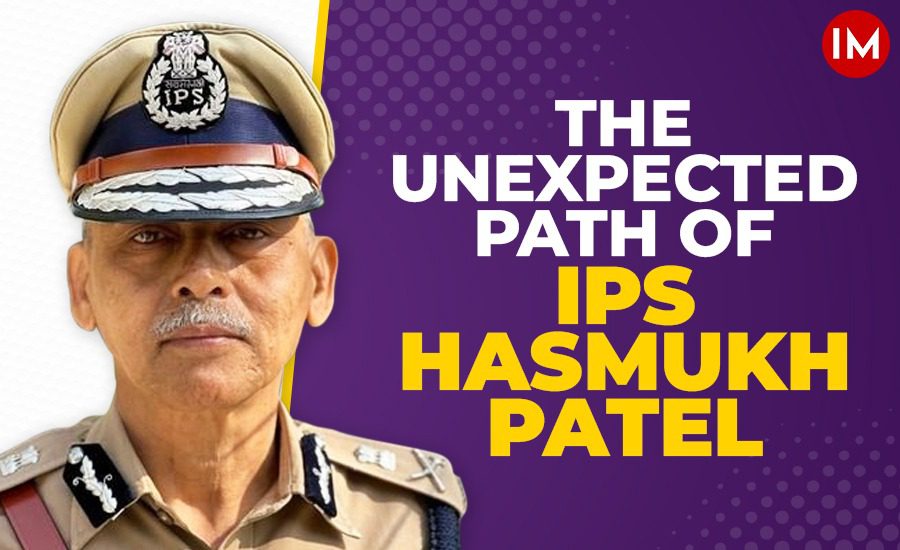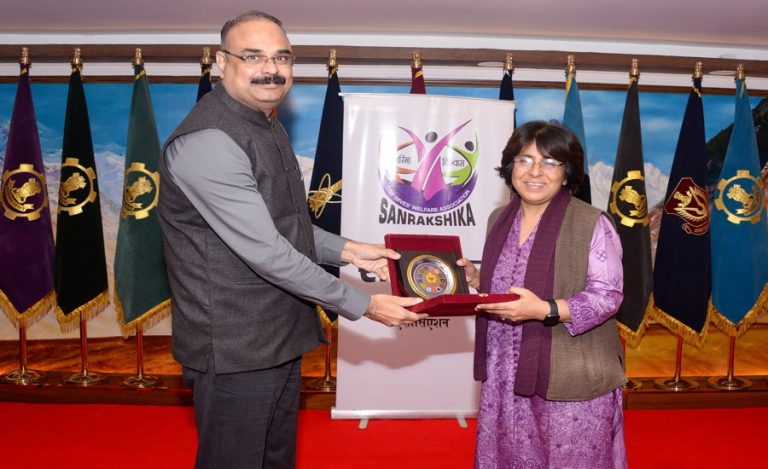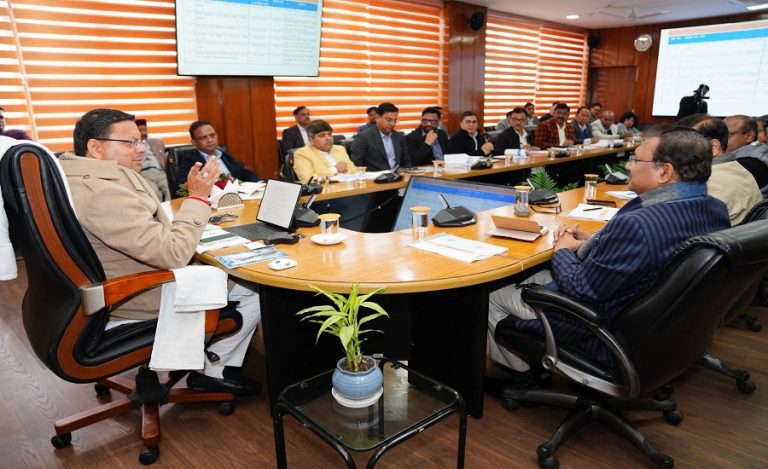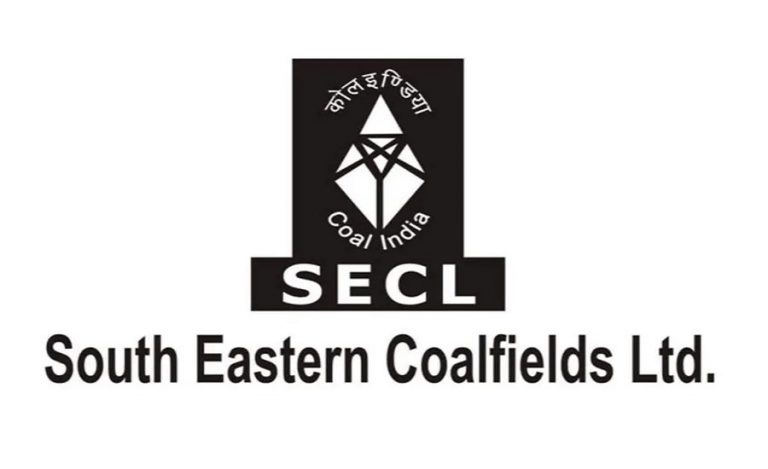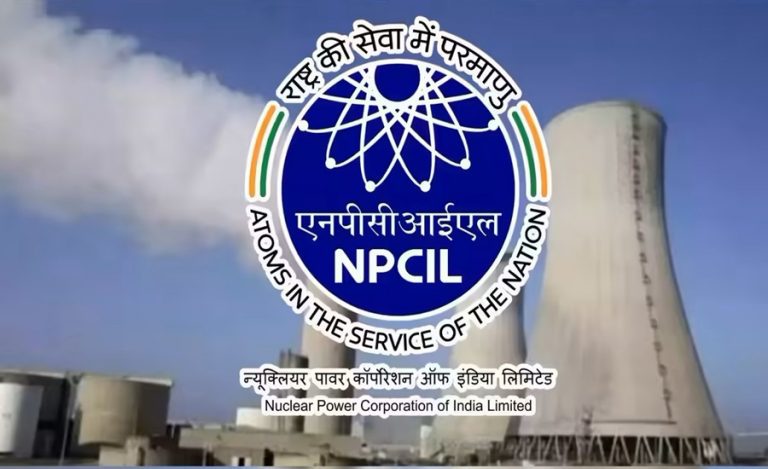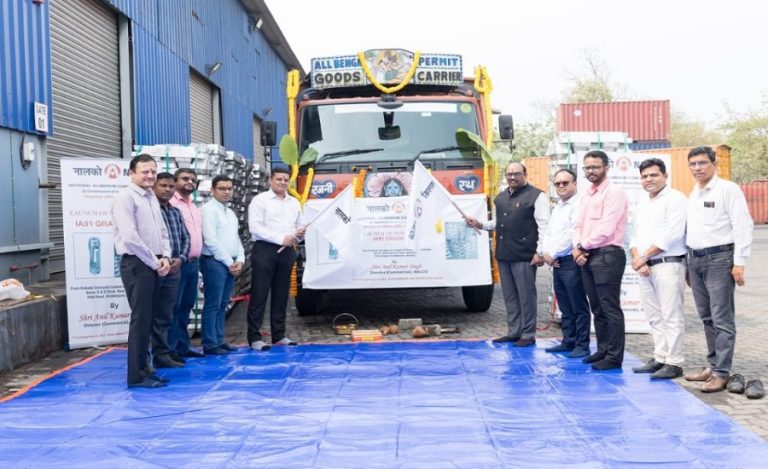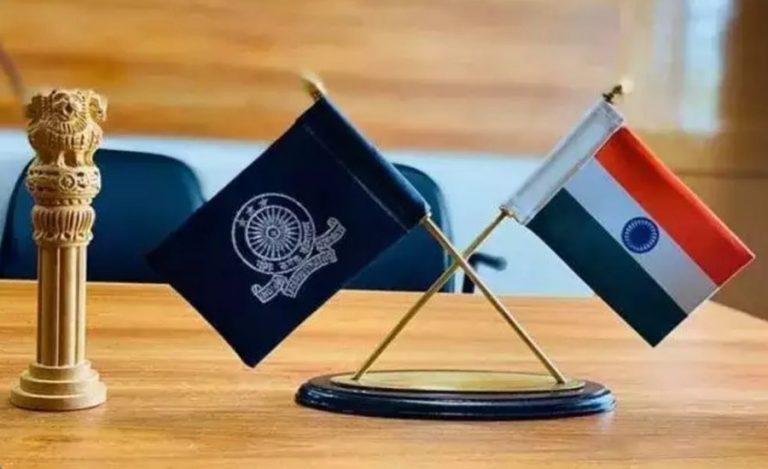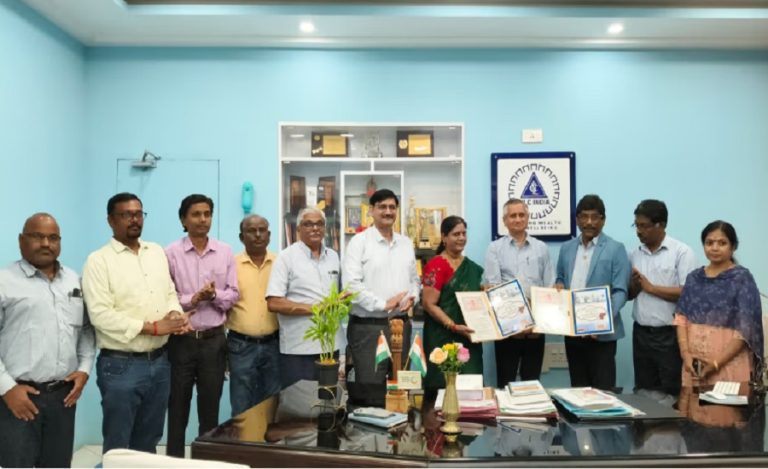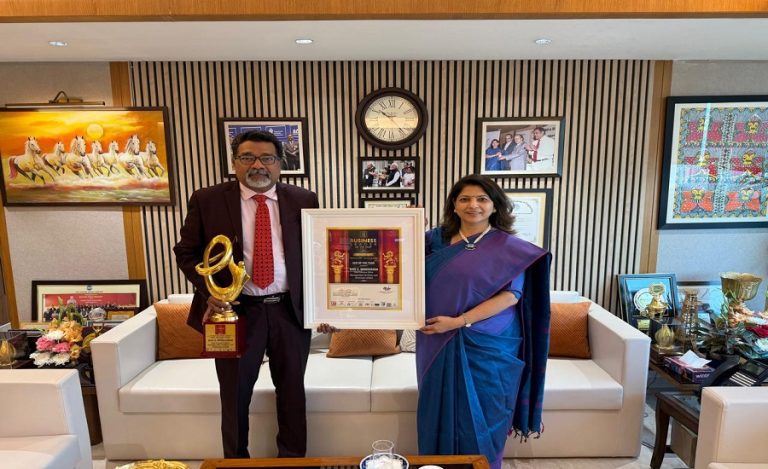Hailing from a family deeply rooted in service, IPS officer Hasmukh Patel’s father, a doctor, dedicated his life to the well-being of his community. Witnessing his father’s selfless work instilled a strong desire in Mr. Patel to follow a similar path.
FROM MEDICINE DREAM TO ENGINEERING JOURNEY
His initial aspirations lay in the field of medicine. However, circumstances intervened. A less-than-ideal score in 12th grade forced him to explore alternate options. The civil engineering boom, fuelled by the Narmada project, presented itself as a promising path. However, the dream quickly turned sour as government recruitment stalled, leaving a vast pool of unemployed engineers.
Being a diligent student, he decided to take the GATE examination and pursue a Master’s degree. His motivation wasn’t driven by a passion for studying but rather by the intriguing prospect of financial stability. “At that time, civil engineers were earning a mere 500 Rs a month, whereas pursuing a Master’s offered a stipend of 1000 Rs a month. So, I took the GATE exam and achieved a commendable 96 percentile,” Mr. Patel told Indian Masterminds.
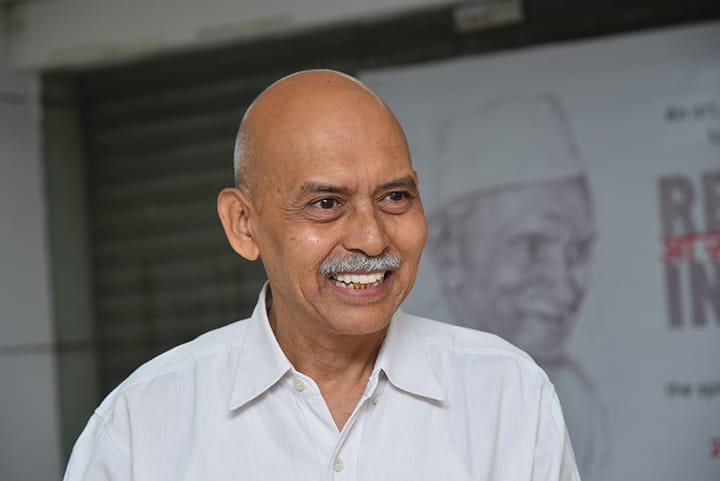
Despite the opportunity to secure admission into an IIT, he remained unaware and indifferent. Reflecting on it now, he says that he realized that he could have been more forward-thinking. Nonetheless, he persisted with his academic pursuits.
ENCOUNTER WITH PROFESSOR
During his final year of BA studies, he met Professor Damle, a seasoned academician now in his 90s. “I vividly recall his earnest efforts to enlighten us about various career opportunities during those crucial final semesters.” His discussions ranged from job prospects abroad to strategies for preparing for the Civil Services Examination (CSE).
Despite Professor Damle’s sincere efforts, Mr. Patel, hailing from a rural background, remained unmoved by his words.
It was during this time that he stumbled upon the All India Civil Service Centre (AICSC), run by his university. Intrigued by the prospect of a scholarship or stipend for Civil Services Examination preparation, he decided to visit the center. However, to his disappointment, he learned that the stipend, which used to be 600 rupees per month, had been discontinued that year.
“Despite not being in dire financial straits, my family’s modest living conditions in a small home devoid of basic amenities like a bicycle, radio, or electricity prompted me to seek out opportunities for financial assistance,” he shared.
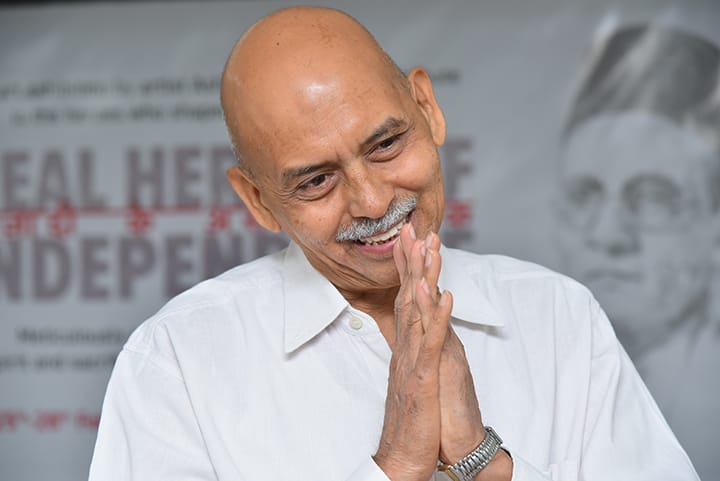
INSPIRATION FROM HARSHVARDHAN GUJJAR
During his pursuit of a Master’s degree, he resided in a hostel, where he encountered a fellow named Mr. Harshvardhan Gujjar, whose circumstances mirrored those of Mr. Patel’s, if not more challenging. Hailing from a humble background in a remote village, Harshvardhan had made the bold decision to forego his M.Sc. studies and embark on the path of preparing for the CSE.
“I expressed my apprehensions about the daunting nature of the UPSC exam, particularly its requirement for proficiency in English and participation in group discussions—areas where our proficiency was lacking,” Mr. Patel recalled.
However, Harshvardhan’s unwavering confidence and conviction left an indelible mark on him. He reassured me that the exam was surmountable and boldly declared his intention to clear it on his first attempt.
Harshvardhan’s optimism and revelation that the exam could be attempted in Gujarati and lacked group discussions sparked a newfound determination within Mr. Patel. “I resolved to follow in his footsteps and embarked on the rigorous journey of preparing for the CSE.”
WORDS OF ENCOURAGEMENT
In 1990, the approach to preparing for the Civil Services Examination took a historical turn. Question paper compilations spanning 20-30 years became available, providing invaluable insights into examination patterns and trends.
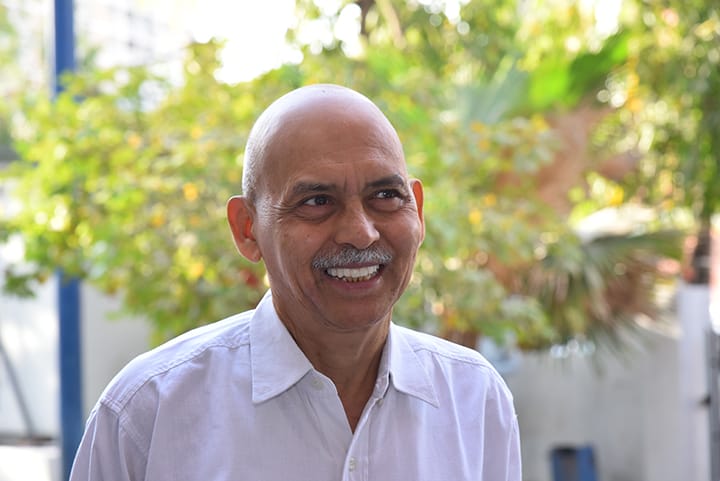
Dr. Ganesh, the mentor, instructed the aspirants to select any question from the extensive question paper archives and work collaboratively in groups to tackle it. “With unwavering conviction, he assured us, “There is no power in the world that can stop you from becoming an IAS officer”,” Mr. Patel shared.
SETBACKS AND TRIUMPH
Despite facing numerous challenges and setbacks, including three unsuccessful attempts, Mr. Patel persevered. In his third attempt, he secured AIR 382, granting entry into the Audit and Accounts services. Undeterred, in his fourth attempt, he cleared the exam with AIR 92, becoming an IPS officer.
For the first 4-5 months, Mr. Patel focused on reading NCERT books. However, he found the preparation process intriguing, though not exam-oriented. “On April 16th, I began intensive preparation for the Prelims. Using Tata Macgraw Hill guides, I completed my preparation in just 20 days. This shattered the notion that the CSE was overly difficult and that Gujaratis lacked general knowledge,” he recalled.

